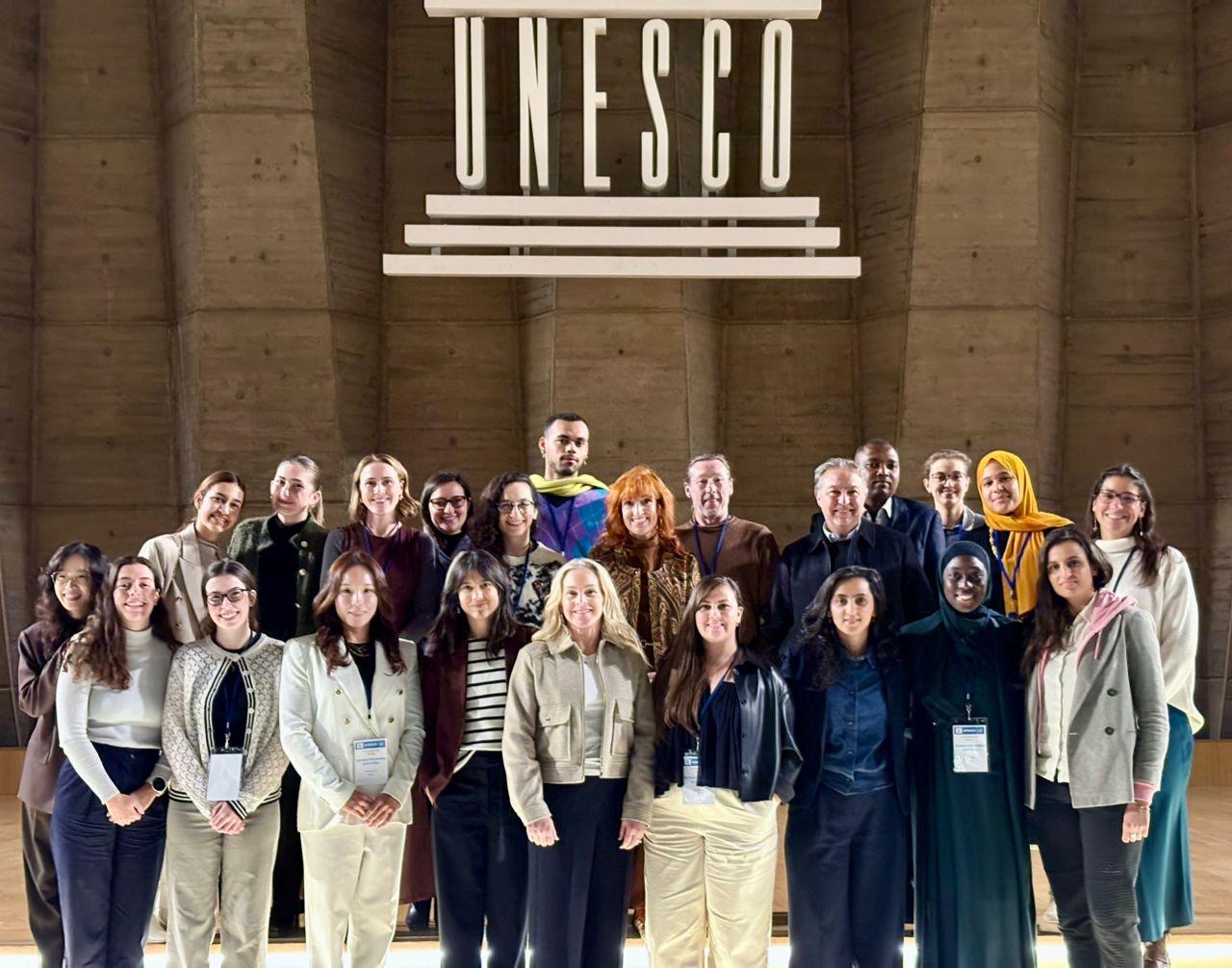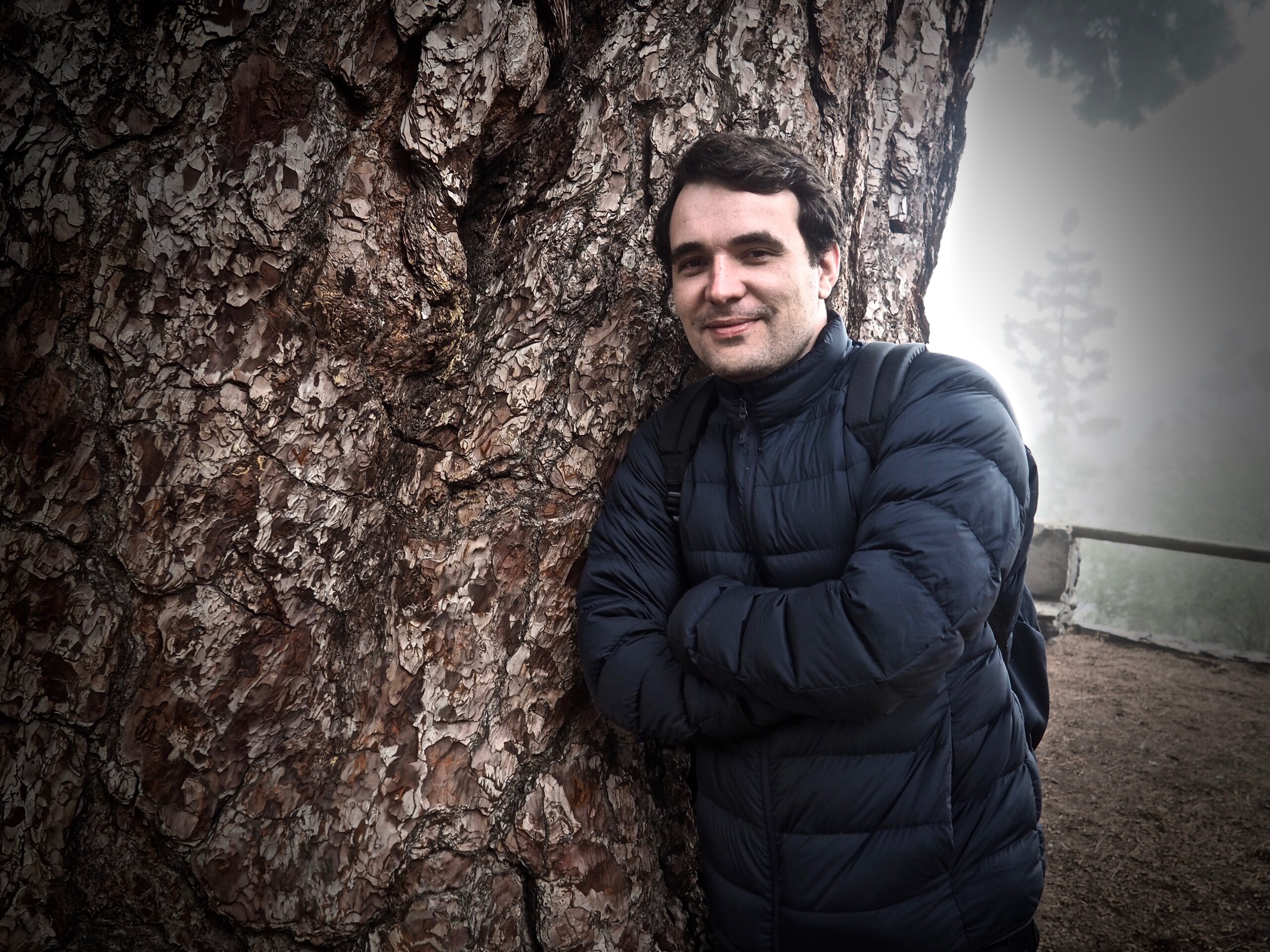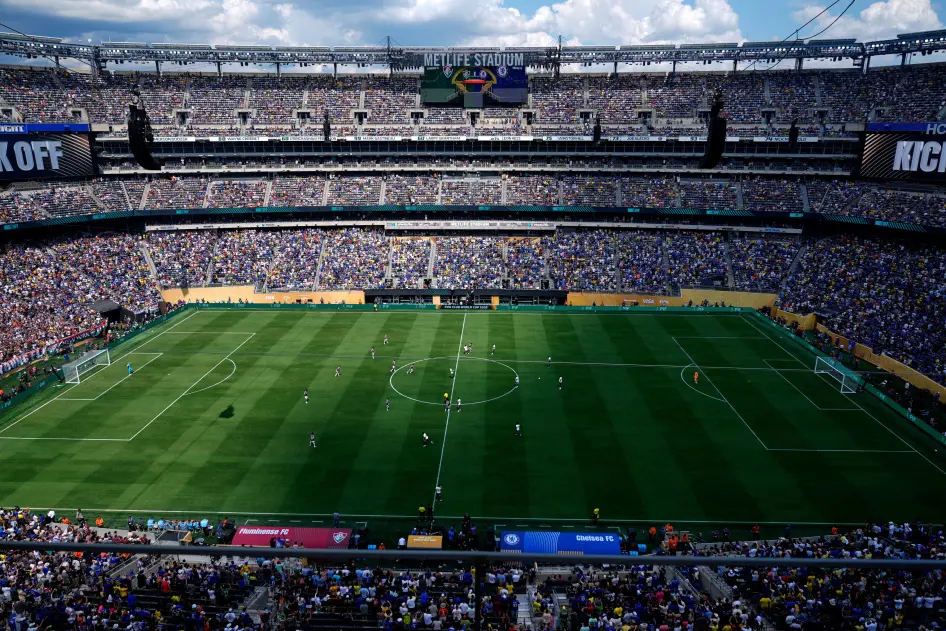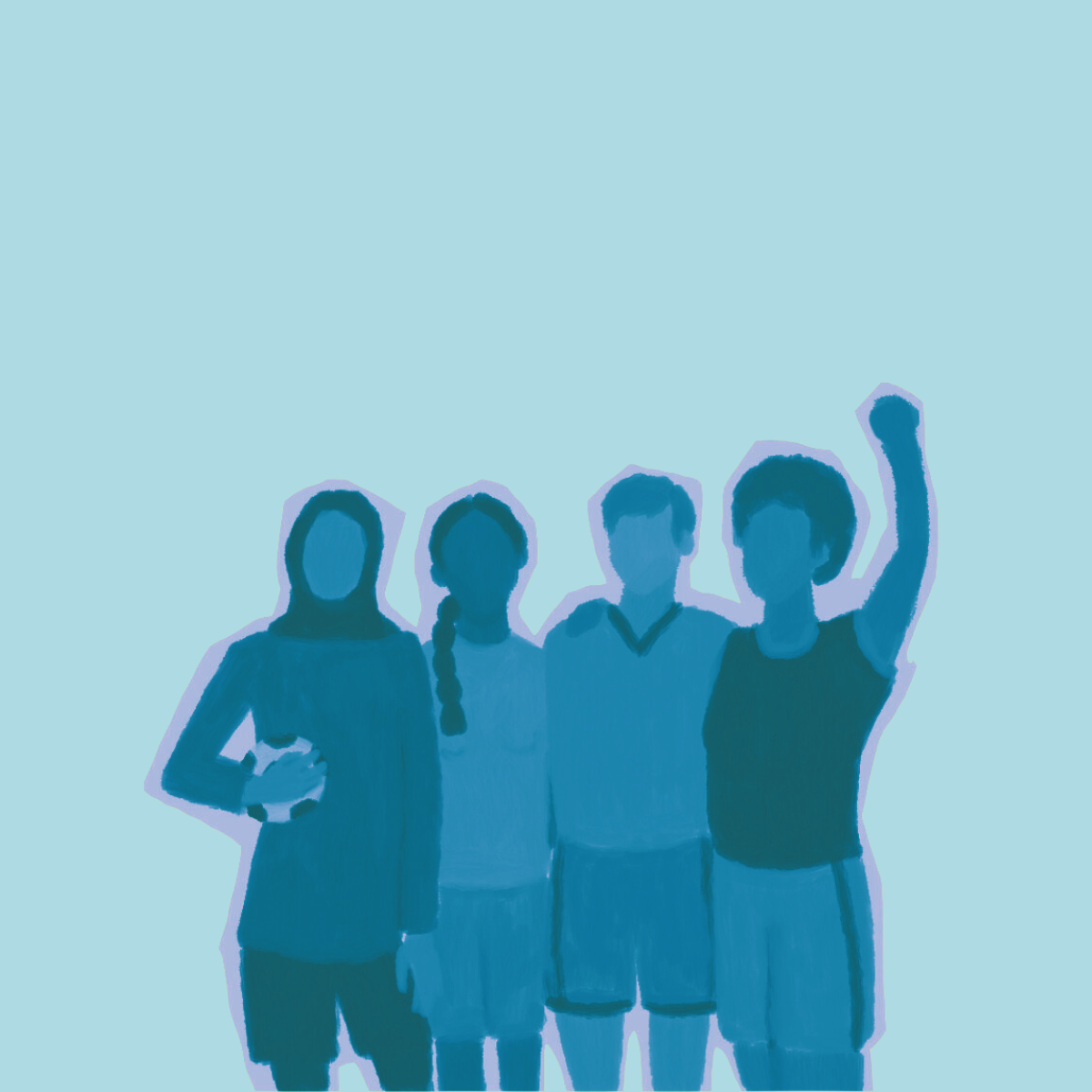Recap: Advocacy Tools & Strategies for Advancing the Rights of Impacted People
On October 24th, the Athletes Network for Safer Sports held its third capacity-building online workshop on advocacy skills and strategies for impacted athletes and allies. Moderated by Joanna Maranhão and joined by over 30 participants, the discussion centered on our panelists’ experiences advocating for accountability, remedy, prevention and policy change.
“When you’re trying to change the way someone does something, you’re actually trying to sell something.”
Mhairi Maclennan, co-founder of Kyniska Advocacy, spoke about her journey as an advocate and realizing how it’s not too different from being a salesperson, because at its core, advocacy is about persuading people to see an issue in a new way and take action. She spoke about the different forms of advocacy such as education and awareness-raising, campaigning and lobbying, and supporting others.
Mhairi further explored the different types of advocacy by detailing how Kyniska manages its relationships with sport governing bodies. “We often refer to our tactics as Trump vs Obama – one being more critical, adversarial, and the other being more diplomatic.” She explained they try to strike the balance between being passionate about the cause, but also understanding it’s not personal – and making sure they are hearing the person they’re trying to influence.
“There are people in these institutions who want to do good, but the systems they are in don’t allow them to.” Mhairi explained that initially, Kyniska tries to use the mechanisms in place and work with the stakeholders involved to get change at the individual level and the systemic level. At the same time, she said, they always keep in their back pocket the potential to escalate to public campaigns – knowing that sometimes even the threat of doing that can lead to a positive conversation with sport governing bodies.
“What keeps us propelled is knowing there is an end to this.”
Denise Buchanan, co-founder of Ending Clergy Abuse (ECA), leads a network of advocacy groups across all five continents fighting abuse within the Catholic Church. Denise’s work revealed many similarities to global sport, as she spoke about how reluctant people in the Church are to consider the notion that anything could be wrong, despite the evidence. Denise then spoke about why it’s so important to have a platform to encourage knowledge-sharing and help survivors come forward and know they are not alone.
Denise explained ECA’s campaign model which rallies its global network in a variety of ways, including tapping into the power of Gen Z and Gen Alpha on social media, traveling to Rome for in-person campaigns, activating trusted journalists and supporting lawyers that are doing great work. In the last year ECA was able to arrange high-level meetings with clergy to change the law to get zero tolerance for abuse. “When you come together and you make enough noise, it works,” said Denise. “When people stand with their stories and a clear message, it’s hard not to listen and pay attention. And this translates across fields, from climate change to sports.”
“Advocacy is a tool to get lasting change.”
Minky Worden, Director of Global Initiatives at Human Rights Watch, has worked for over 20 years researching and advocating to fix systemic failures in sport. She spoke about her work interviewing 800 athletes ahead of the 2020 Tokyo Olympic and Paralympic Games, which was led to a book-length report on the alarming amount of abuse of athletes that had been normalized in Japanese sports system.
Minky explained the research-based process at Human Rights Watch as the ‘through-line’ of everything they do. Since this research often includes the stories of whistleblowers and survivors that have never come forward before, Minky emphasized the need for a trauma-informed approach and security. “At any point if they want to withdraw testimony, or withdraw from a campaign, they can,” said Minky. “We do the research in a way that even if it needs to be anonymized, it can still go forward.” This research is not only important for its role as the foundation for advocacy campaigns, Minky said, but because for some survivors, seeing their story validated and written down may be the only form of remedy they ever see.
“How do you stay motivated when there’s still so much to do?”
The conversation continued with panelists sharing advice on how they stay motivated. Denise shared her 20/20/20 rule. “Every day I take one hour for myself, which includes 20 minutes of meditation, 20 minutes to journal, and 20 minutes of movement,” Denise said. “I make sure that this is my time, it doesn’t matter what is going on.”
Denise also shared that she keeps a picture of herself as a little girl on her desk, “to make sure I know for whom I’m fighting every day. ” She also spoke about the importance of community and how she has a “care circle” – three people she knows she can always talk to at a moment’s notice.
“Teaching – and knowing there is a new generation that is ready to pick up this work – is energising.”
Minky said that throughout thirty years of this work, she has relied on teaching, partnership and humor. “It’s important to have that validation for how ridiculous it is, for example, that a sport governing body doesn’t even have women at their leadership,” said Minky. “Having colleagues that can say ‘this is ridiculous and outrageous.’” Minky shared how teaching younger generations and partnering with others is essential to remind yourself that you’re not carrying this weight on your own.







